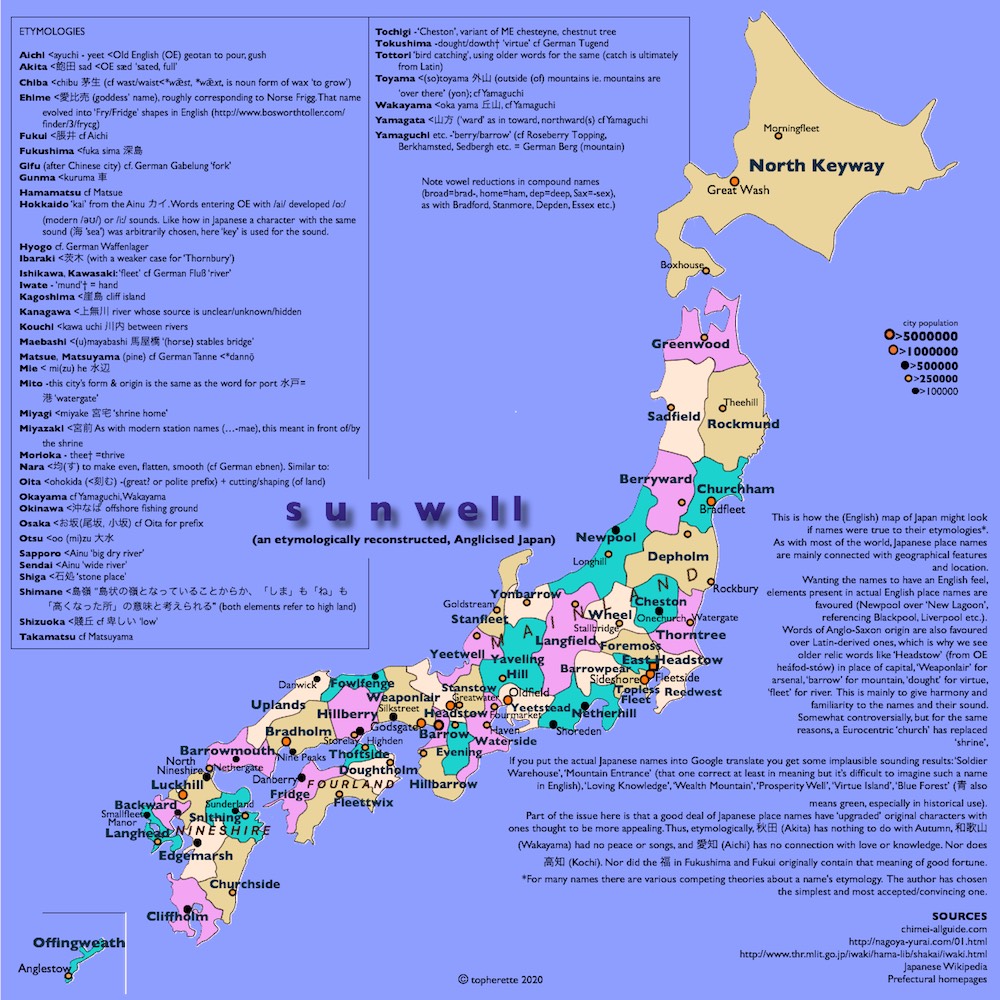The (alleged) untranslatability of Chinese poetry, part 2
[This is a guest post by Leanne Ogasawara]
After reviewing David Hinton’s latest book, China Root, for the Asian Review of Books, a friend pointed me to this discussion at LL. I was so happy to see old friends (Hi Bathrobe!) and wanted to leave a comment. Sadly, because I was so late in the game, I was unable to do so. But then, our wonderful host invited me to leave my comment as a guest post—thank you VM!!
I am a Japanese translator and an old friend of LL. For twenty years now I have been working on one particular modern Japanese poet, Takamura Kotaro. I started my translations of his Chieko Poems in Grad school and have been steadily working on them ever since, publishing a few here and there over the years. I would never have continued this if I thought Japanese poetry is untranslatable. And indeed like so like many people here, the article on the NYRBs drove me up the wall. Part of the problem is that it leads to discussions like we saw on the blog on September 26—discussions which inevitably started revolving around a bit of a straw man, since no one reasonable has ever said that Chinese poetry is “untranslatable." What people say is that something will be lost. And how much? This is the “traitor” in translation. And it is a valid thing to ask in English translations in a language like Japanese or Chinese. In this case, the writers mentioned in the article— Eliot Weinberger, Lucas Klein, Burton Watson, Stephen Owen, and David Hinton, among others— are concerned with the Chinese characters. And in Japanese this is further complicated by the choices authors make in using kanji as opposed to hiragana and katakana—how to ever convey that in English?
Read the rest of this entry »


